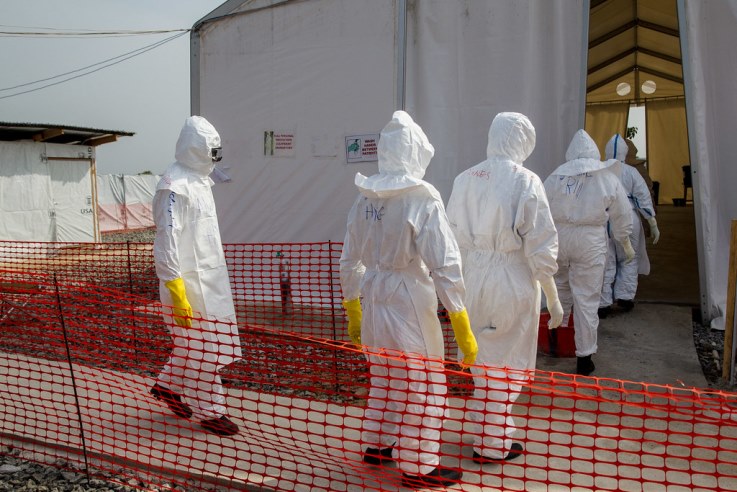The Human Sciences Research Council (HSRC) has embarked on research to understand how the COVID-19 pandemic has affected the health and well-being of frontline healthcare workers.
It will focus on how these workers manage their own physical, emotional and mental wellbeing, during the pandemic. The study will be conducted in the Western Cape, Gauteng and KwaZulu-Natal, all of which bore the brunt of the COVID-19 pandemic.
Senior research specialist at the HSRC, Dr. Shandir Ramlagan, says interviews will be done with about 100 frontline healthcare workers until the end of August. They hope to have the results by November. Ramlagan says it is very important to understand how the pandemic has affected the health and wellbeing of these workers in the fight against COVID-19.
“We will also be looking at some of the stigma’s that the healthcare personnel themselves experience because they are working with COVID-19. Are they actually being stigmatized? So these are some of the things that we would like to understand in South Africa. And what we’d like to do is if we understand this then we actually know how to better, to then help them in future. But not even just in the future, like right now, How do we go about helping them. This is one of the most important things that we would like to find out in the study.”
Call for deployment of more health workers
Virologist, Professor Shabir Madhi, has urged the Gauteng Health Department to deploy more human resources to help fight the COVID-19 third wave in the province.
The number of cases in Gauteng continues to soar with it now accounting for two-thirds of all the active cases in the country.
More than 5 000 people are currently being treated in the province’s hospitals, which is putting high pressure on available resources.
Madhi says staff capacity at the Chris Hani Baragwanath Academic Hospital’s COVID-19 section should be added. He says the facility in Soweto has state-of-the-art beds, but with few doctors and nurses.
“Those are fantastic facilities. I have and opportunity of visiting two of them. They really got state of the art equipment but they don’t have personnel. You can not plan to build a facility without having a plan in place to actually have personnel so the patients can be cleared out of the facility, otherwise it becomes a white elephant,” he warns.
Madhi warns that in the next two weeks, more patients in Gauteng are going to need hospital treatment due the coronavirus numbers that keep on rising.
“Unfortunately in the next two weeks, we are going to see even further pressure on our facilities which may be essential that those COVID facilities, ABT facilities be operationalised today. Even if other facilities will be running at ninety per cent capacity, you need to be ready when the third wave really strike,” he says.
SANDF members roped in to help Gauteng
A delegation from the South African National Defence Force (SANDF) arrived at the Chris Hani Baragwanath Academic Hospital yesterday to help the COVID-19 fight.
This comes as Gauteng is battling to contain the third wave of COVID-19 infections.


